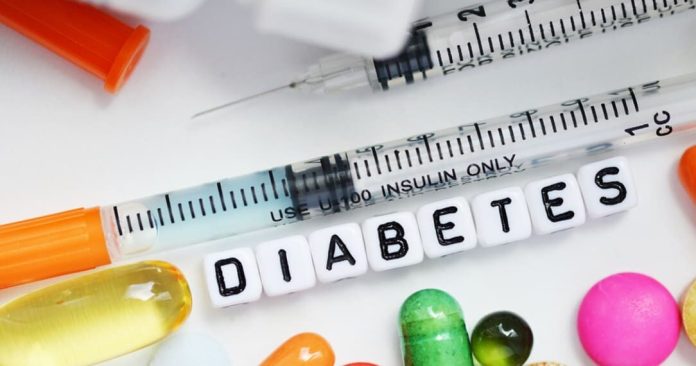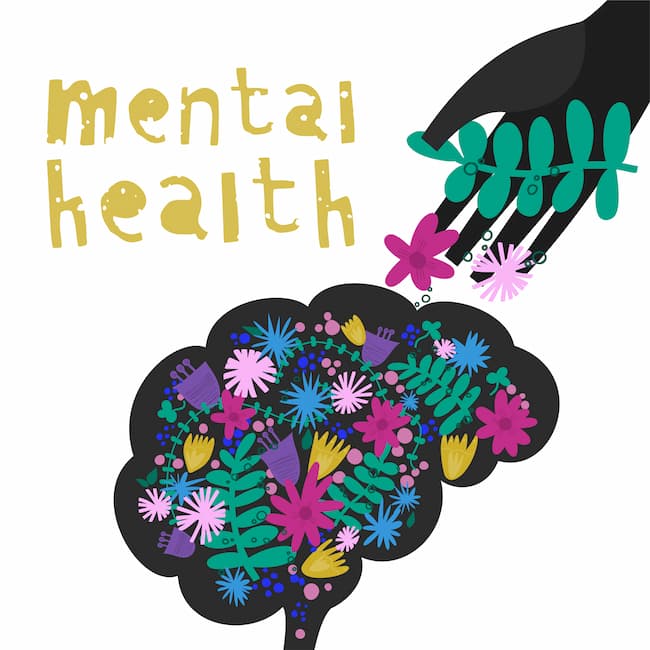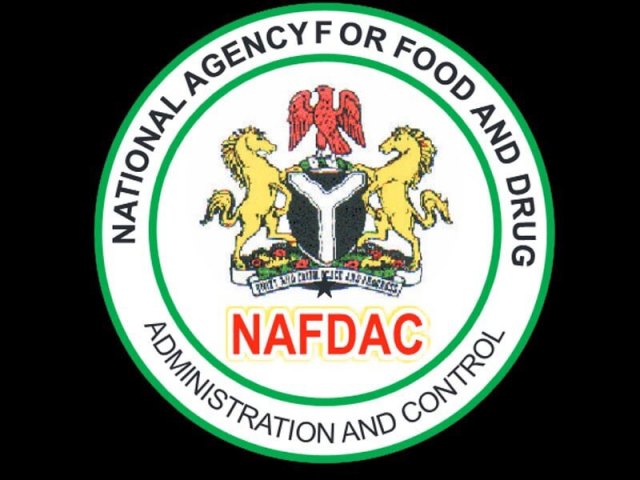The Network of Persons Living with Diabetes in Nigeria is raising concerns over the skyrocketing cost of insulin, making it increasingly difficult for patients to access essential treatment. The rising prices are driving many to resort to cheaper, less effective alternatives, putting them at higher risk of severe health complications.
As the world marks World Diabetes Day 2024 under the theme “Diabetes and Wellbeing,” the organization, along with its partners, highlights the urgent need for improved diabetes care in Nigeria. During a Patients Advocacy march in Abuja, Comrade Bernard Enyia, Vice President II of the Diabetes Association of Nigeria, calls on the federal government, policymakers, and stakeholders to ensure that people living with diabetes have access to affordable, comprehensive, and quality treatment.
Enyia, who co-chairs the National Action on Sugar Reduction Coalition, emphasizes the importance of strong health policies that address both the physical and mental well-being of diabetes patients. He urges policymakers to prioritize holistic care and implement fiscal health policies targeting diabetes and other non-communicable diseases (NCDs).
Living with type 2 diabetes himself, Enyia cites alarming statistics from the International Diabetes Federation (IDF): globally, over half a billion people are currently diabetic, including 11.2 million Nigerians, with more than half undiagnosed. In 2021, diabetes claims 48,375 lives in Nigeria and results in ₦1.81 trillion ($1.81 billion USD) in healthcare costs. NCDs now account for 29% of annual deaths in the country, with diabetes being a significant contributor.
Enyia highlights that diabetes impacts both physical and mental health, with over one-third of patients experiencing significant distress. According to the IDF, more than 60% of surveyed patients report a fear of diabetes-related anxiety, depression, and complications, which adversely affects their overall well-being. Enyia stresses the need for immediate action to prioritize patient health over profits within the healthcare system.
Nigeria’s Insulin Crisis and Escalating Healthcare Costs
The group is sounding the alarm over Nigeria’s insulin crisis, where prices have surged beyond the reach of average citizens. For instance, the cost of Lantus insulin has increased from ₦3,500 two years ago to ₦75,000 in 2024. Additionally, blood sugar testing machines now cost ₦30,000, up from ₦6,000, while a single blood sugar test in public hospitals costs ₦2,000.
“This drastic price hike forces many patients to opt for cheaper, less effective alternatives, significantly raising their risk of complications and even death,” Enyia explains.
Impact of Sugar-Sweetened Beverages on Diabetes Rates
Enyia also addresses Nigeria’s high consumption of sugar-sweetened beverages (SSBs), the highest in Africa and seventh worldwide, as a factor in the escalating NCD crisis. He links high SSB consumption to rising cases of obesity, type 2 diabetes, and hypertension. The group advocates for a substantial increase in SSB taxes from the current 1.67% to 39% of the retail price, aligning with World Health Organization (WHO) guidelines. This tax adjustment could generate ₦729 billion ($471.8 million USD) annually, which can be directed towards diabetes care and prevention programs.
Addressing Healthcare Inequities and Ending Discrimination
Enyia criticizes the disparities within Nigeria’s healthcare system, where patients with diabetes are forced to pay out-of-pocket, unlike those with conditions like HIV, leprosy, and tuberculosis who receive free care. He asserts that this inequity contradicts the United Nations’ Sustainable Development Goals (SDGs), particularly Goal 3 on health and well-being and Goal 10 on reducing inequalities.
“Our nation provides free mosquito-treated bed nets, yet those of us living with diabetes bear the full cost of our treatment, leading to catastrophic healthcare expenses,” Enyia laments. “This is a clear violation of equity, and the government must act to end this discrimination.”
Calls for Policy Reform and Sustainable Funding for Diabetes Care
The Network of Persons Living with Diabetes in Nigeria is urging the federal government to increase the SSB tax from ₦10/L to ₦130/L. This measure aims to discourage excessive sugar consumption and generate significant revenue that could help meet key global diabetes targets by 2030, such as diagnosing 80% of diabetics, achieving glycemic and blood pressure control for 80% of patients, and ensuring affordable access to insulin and glucose monitoring for all.
The group calls on the Federal Ministries of Health and Finance, alongside other stakeholders, to take immediate steps towards comprehensive policy reforms. They believe that with these measures, Nigeria can greatly improve the quality of life for people living with diabetes, reduce productivity losses due to NCDs, and promote a healthier future for all citizens.













